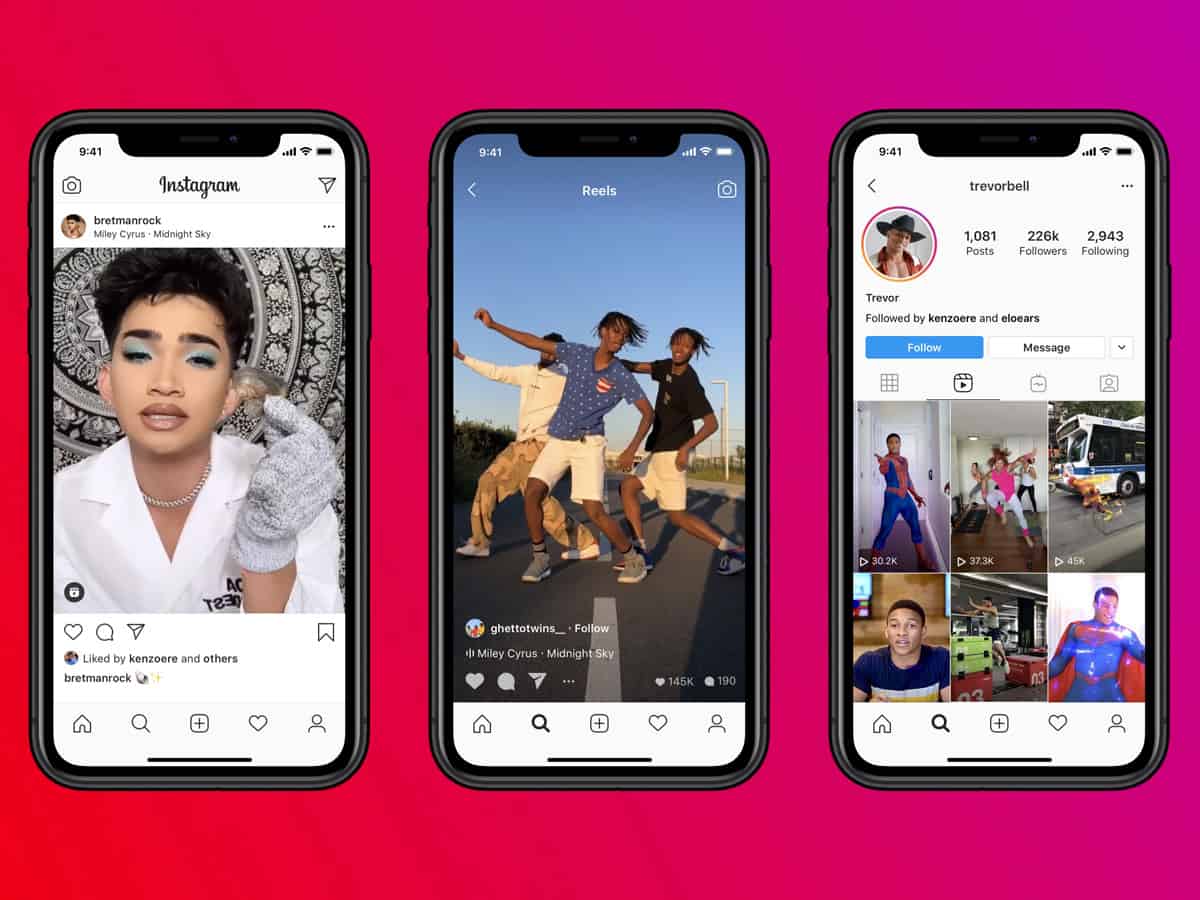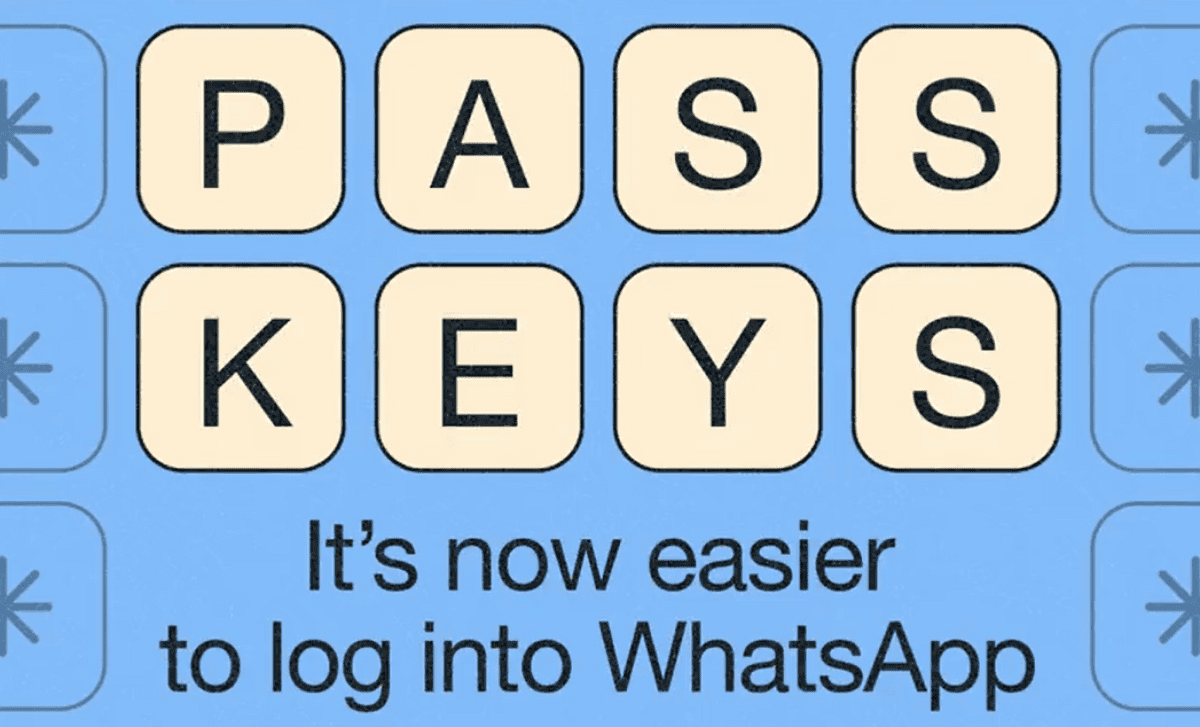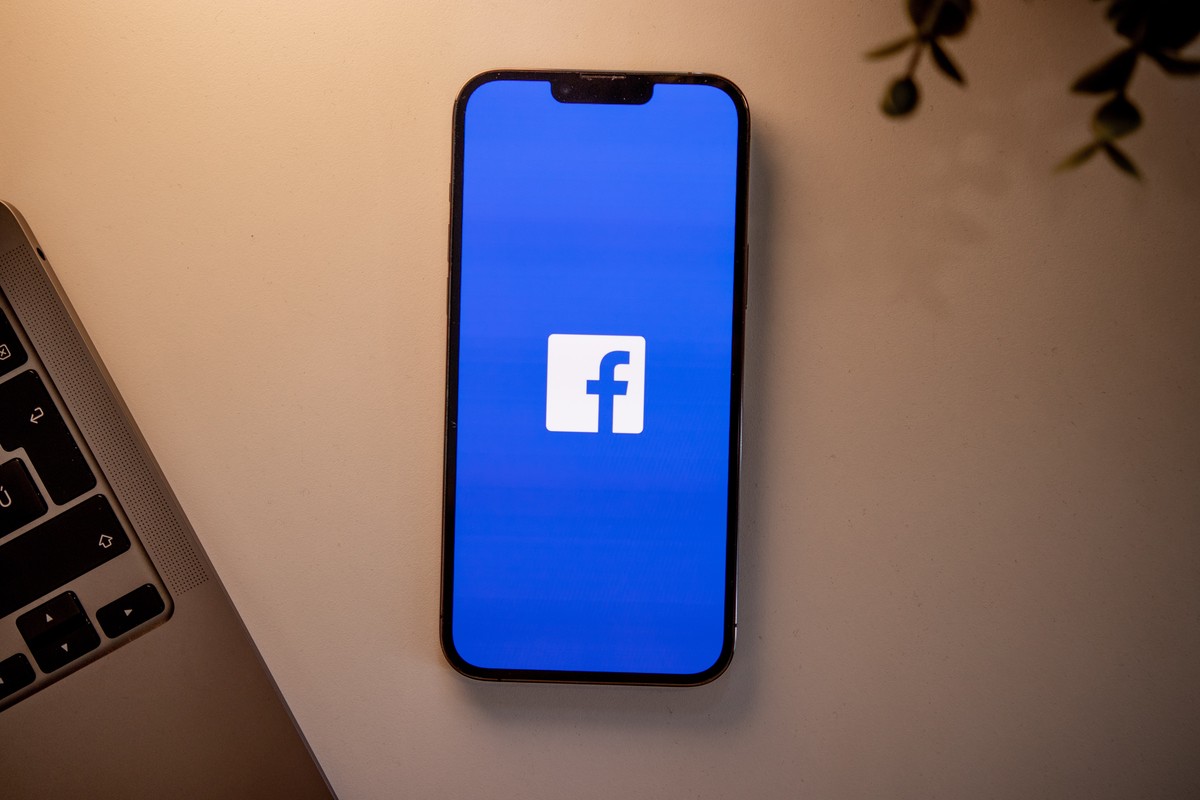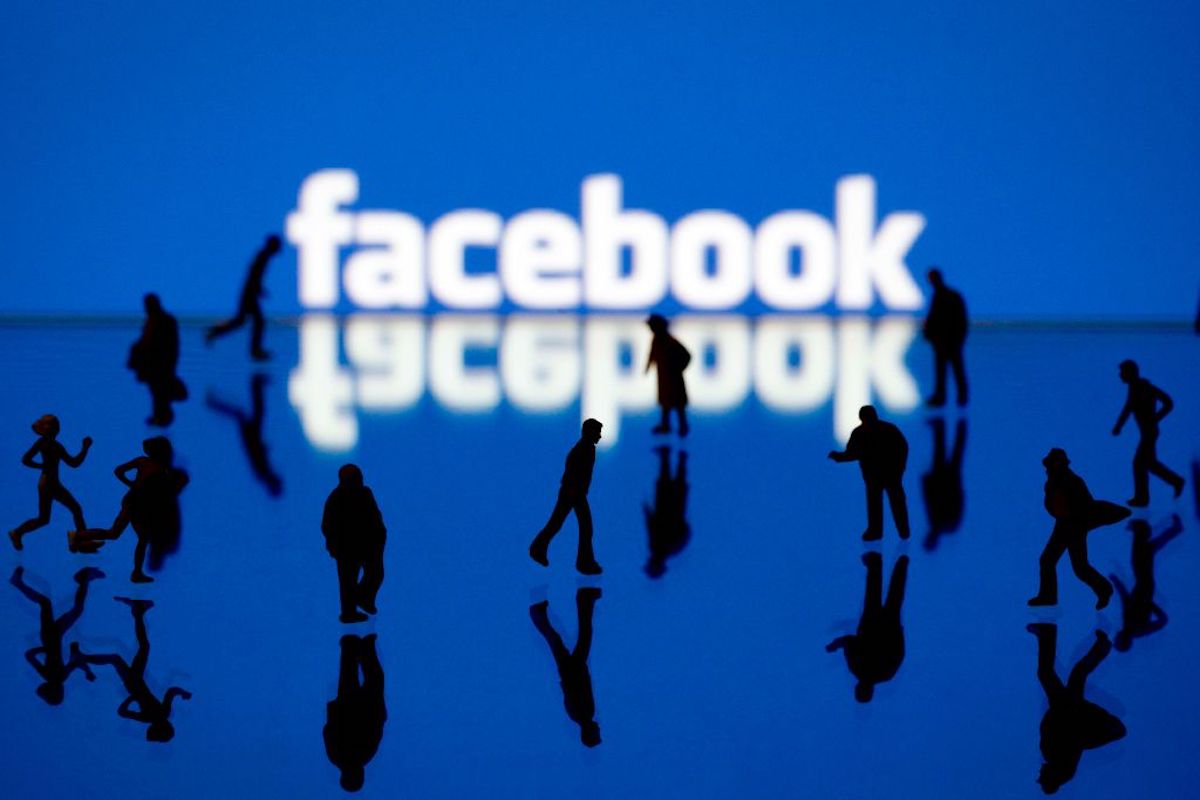Changes in Social Media Monetization: Instagram and Facebook Ending Reels Bonus Program
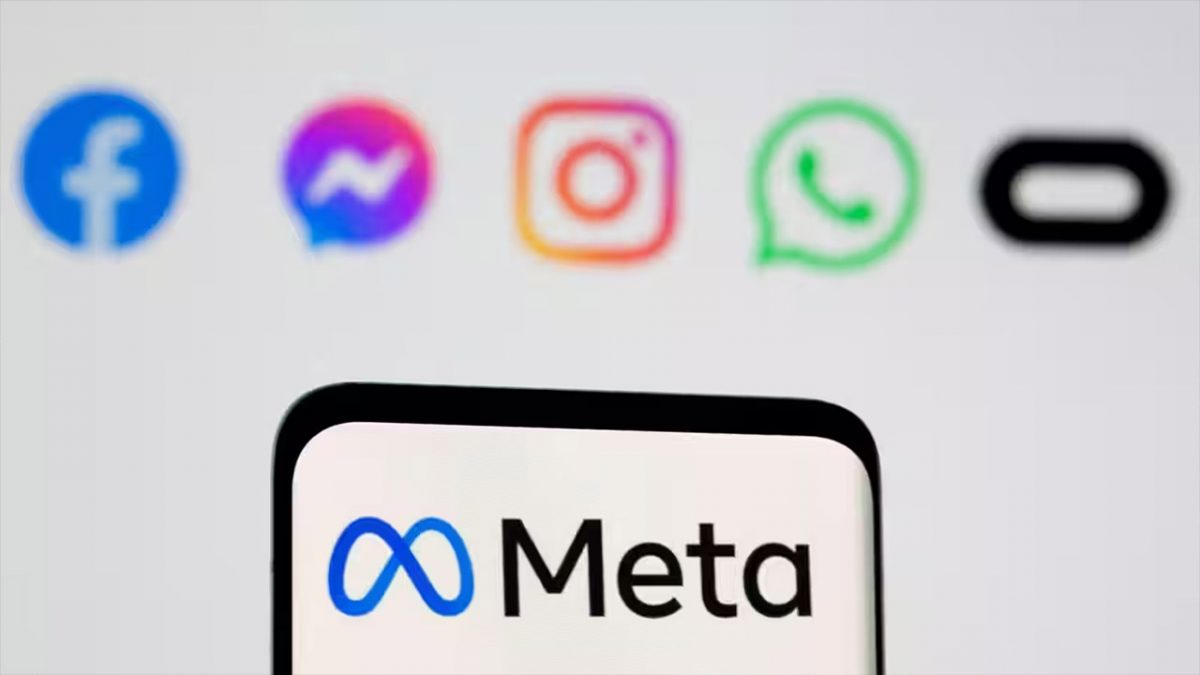
In the near future, short-form video creators using Instagram and Facebook will experience a loss of a monetization opportunity on the platforms. Meta, the parent company of these social media networks, has announced the discontinuation of its Reels Play bonus program. This program provided compensation to content creators when they achieved specific milestones for views on their videos.

As reported by Business Insider, this modification will impact creators on Facebook as well as those based in the United States who use Instagram. While existing commitments will be honored for the next 30 days, Meta will no longer offer new or renewed Reels Play bonus deals. Meta spokesperson Paige Cohen stated that the company is shifting focus towards developing an array of monetization solutions to assist creators in earning consistent income. Future iterations of the program may be implemented in a more targeted fashion, such as in prospective new markets.
Since its launch in 2021 as a response to TikTok's popularity, the Reels bonus program introduced by Meta has undergone fluctuations. Initially, content creators received substantial payouts, with some earning tens of thousands of dollars. However, throughout 2022, reports emerged from some creators indicating that payments were declining, making it increasingly difficult to earn the same level of bonuses.
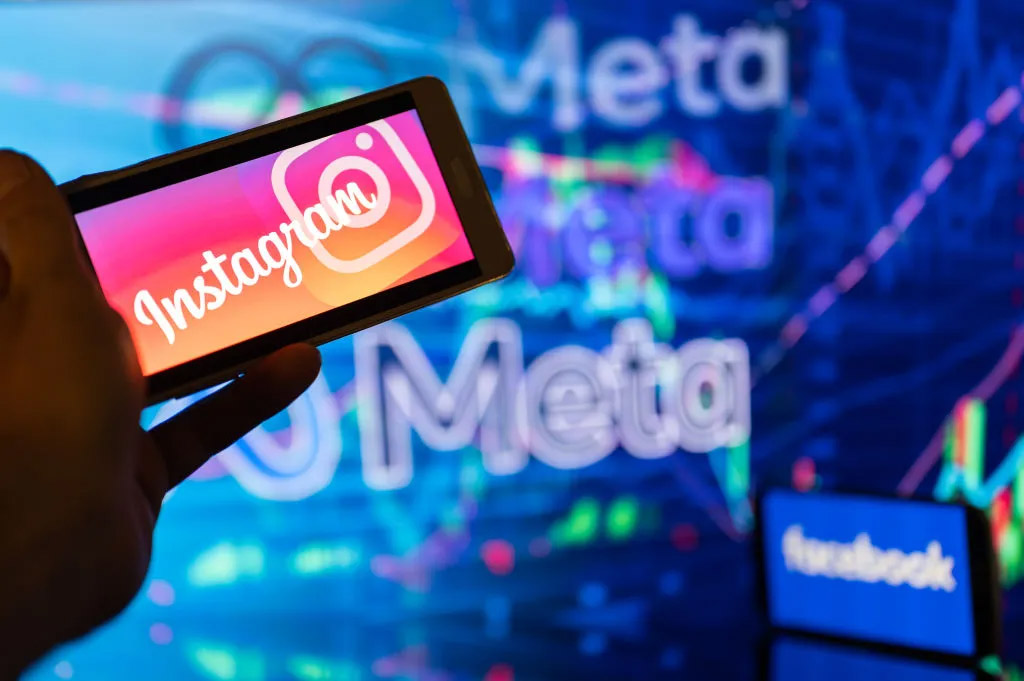
Paige Cohen clarified that creators can still generate income through subscriptions and brand partnerships. The Reels bonus program was part of Meta's commitment to provide a $1 billion pool of funds for creators until the end of 2022.
Similar incentive schemes at other companies have also experienced gradual reductions. In 2020, Snapchat launched a program called Spotlight, similar to TikTok, and promised to pay $1 million daily for popular content. However, this amount decreased throughout 2022, and the company introduced alternative monetization strategies, such as ad revenue sharing. YouTube initially offered cash payouts to entice creators to produce content for its TikTok alternative, Shorts, but revealed a revenue sharing model in autumn 2022.
Related: The dawn of a new era: Meta’s decentralized social network
Various other companies, such as TikTok, are revamping their creator fund programs and introducing new incentives for different types of content. Recently, the short-form video app announced an updated fund that exclusively compensates creators who produce videos longer than one minute. The issue of direct monetization from social media platforms has persisted. For instance, some creators experienced low earnings, even for videos that went viral, under the original TikTok fund program.
